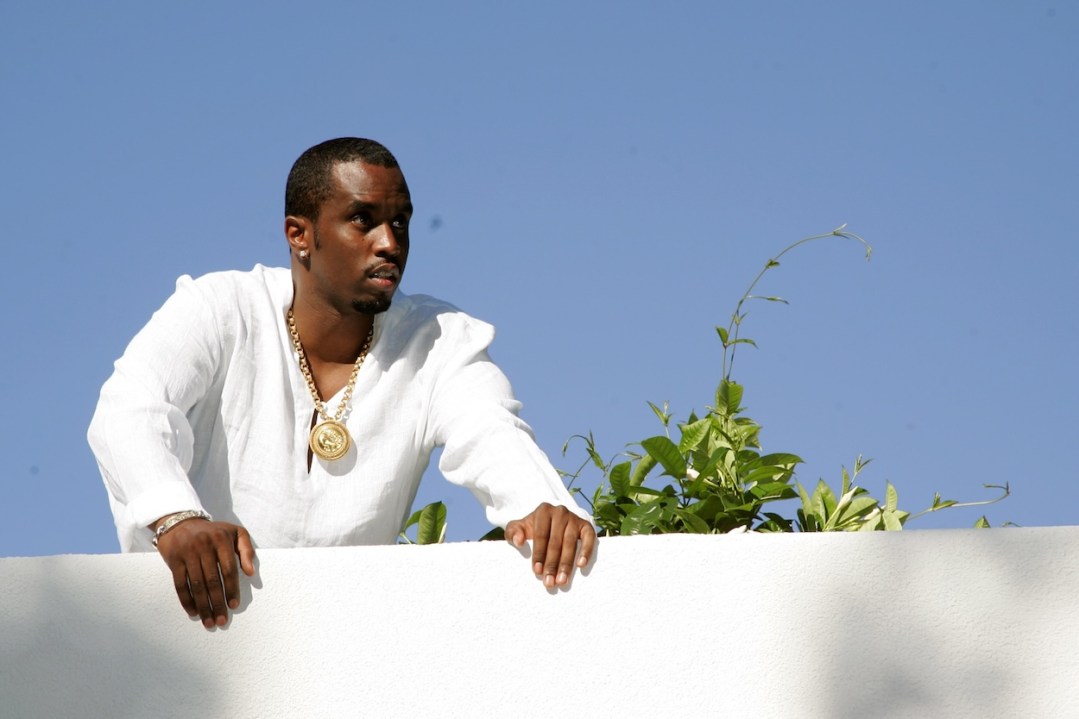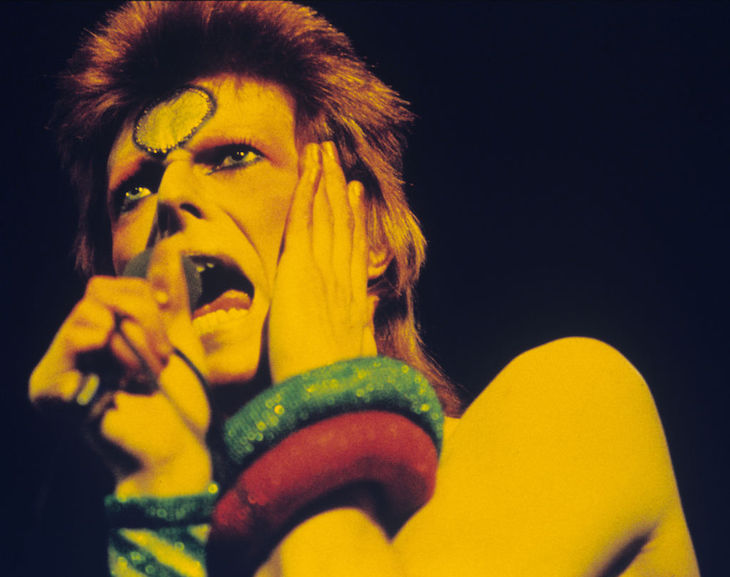Two of the top ten stories on the BBC news feed yesterday concerned the travails of leading rap and hip hop stars in different kinds of trouble in the United States.
In one case, the 55-year-old rap singer Sean ‘Diddy’ Combs – one of the biggest names in the business – is on trial in New York facing charges of assault and sex trafficking, which he denies. The trial is only the latest in a long line of legal actions Combs has faced over the years, in which he’s been accused of offences of sexual violence.
In the second case, a 32-year-old hip hop star called Tory Lanez was rushed to hospital in California from a prison near Los Angeles after being stabbed 14 times by a fellow inmate. Lanez is three years into a ten-year jail term for shooting another musician at a party in 2020.
Can it really be coincidence that these two cases are being given such simultaneous prominence by the BBC, an organisation overwhelmingly staffed and run by white, middle-class people? (I know this from the inside, having twice – to my shame – been employed by different branches of the corporation.)
The answer is ‘no’, because the BBC, like all other parts of the music and entertainment industry, must worship at the shrines of rap and hip hop. Whatever the eventual conclusion of the Combs case, it is obvious to those who have listened to even a few rap tracks that the genre as a whole is indelibly associated with misogyny and violence against women. Lyrics are frequently tinged with anti-white racism, as well as the glorification of gang crime.
White cultural tsars not only pretend that they enjoy listening to rap and hip hop, but act as though these repetitive assaults on hearing are worthy subjects of study, fit to be taken as seriously as Mozart or even the best rock music.
Those who defend rap and hip hop often point to the history of blues. Once maligned by white parents in Britain and America, blues is now recognised as the source of much of late 20th century popular music. It is undeniable that bands like the Rolling Stones and the Beatles owe a huge debt to black American music, bred in the badlands of the segregated Deep South in the century between the Civil War and the civil rights movement of the early 1960s.
The BBC, like all other parts of the music and entertainment industry, must worship at the shrines of rap and hip hop
There are many stories about rare recordings of Lead Belly, Muddy Waters, Louis Armstrong and Chuck Berry being eagerly passed from hand to sweaty hand between the likes of Richards and McCartney. But there is a world of difference between the genuine enthusiasm for oppressed black musicians felt by white boys in culturally deprived Britain in the 1950s, and the fake adoration afforded to the overpaid and talent-free rap and hip hop gods of today. The obsession with rap and hip hop feels as much a top down process today as it does a bottom up enthusiasm.
How much airtime would a white musician receive if he produced songs about beating up his girlfriend or stabbing a gang rival? Yet such noxious material is not only routinely played on the BBC’s music stations, but is also discussed and written about as if it were the last word in culture.
It reminds me of the hushed reverence once accorded to the atonal sounds of Schoenberg, Webern and Berg, or today to the tuneless nonsense composed by Harrison Birtwistle or Philip Glass. No one is ever invited to an evening listening to a friend’s Cornelius Cardew collection of Maoist music – and nor, I venture, will future generations attend concerts of rap and hip hop.








Comments